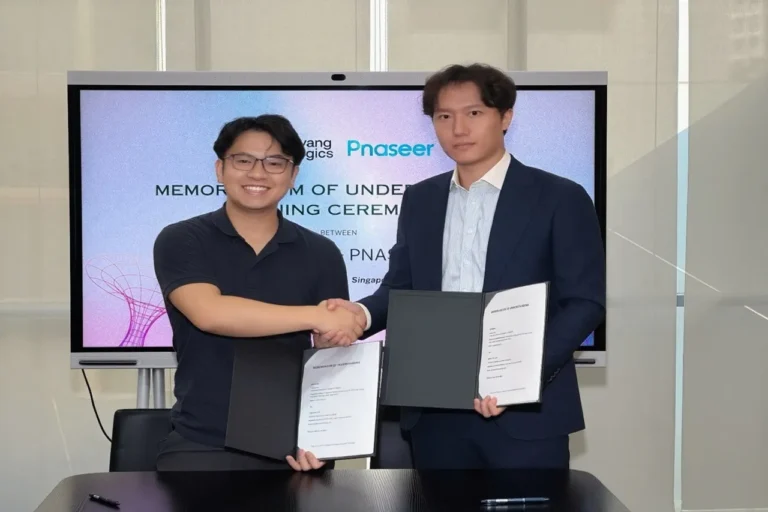
This initiative is unique in Chile due to its collaborative construction process and innovative educational model, designed to address local issues by empowering community leaders. The first edition of the Social University concluded with 18 certified leaders who completed 120 hours of training in project formulation, evaluation, and control at Universidad de Antofagasta, Universidad Santo Tomás, and AIEP Antofagasta, the three academic institutions supporting the program.
Exequiel Ramirez, Rector of Universidad Santo Tomás in Antofagasta, stated, “The mission of Santo Tomás institutions is to contribute to the sustainable development of our communities. The Social University was created to develop skills in community leaders, aiming to improve the quality of life for local residents.” He emphasized the collaborative nature of the program, highlighting the joint efforts of universities and companies to create a proposal based on community needs, ultimately enhancing quality of life.
Luz Hun, Director of AIEP Antofagasta’s campus, remarked, “The Social University program embodies the collaboration we strive for within the community, helping to bridge training gaps. The program encourages harmonious cooperation among the three higher education institutions to equip social leaders with the necessary tools and training.” She also noted that the 2023 graduates were awarded six projects with their organizations, motivating continued efforts in the second edition, with a goal for participants to secure regional funding to benefit their communities.
Marcos Cikutovic, Rector of Universidad de Antofagasta, commented, “As a public institution, UA is committed to addressing societal challenges. The Social University is an exemplary initiative that empowers neighborhood leaders with knowledge and tools to initiate and manage community-benefiting projects. Our role is crucial, providing academic expertise and working collaboratively with other institutions to develop a solid, effective proposal, showcasing academia’s role in sustainable development and improving quality of life.”
Esther Croudo, co-founder of Alianza Antofagasta, added, “Industry, academia, civil society, public institutions, and entrepreneurs must collaborate long-term beyond temporary associations. Alianza Antofagasta, with nine years in operation, exemplifies this. The Social University is a virtuous idea born from this network, aimed at strengthening social capital, with the belief that societies with greater social capital are more prosperous and stable.”
Pablo Pisani, Corporate Affairs Manager for SQM Iodine Plant Nutrition, a sponsoring company, explained, “The role of social leaders is crucial, and today’s launch of the Social University underscores their work. This institution provides an excellent opportunity to strengthen these organizations, give them visibility, and enable them to utilize available resources effectively.”
The second edition of the program will accommodate 30 students and will test improvements to the socio-educational model before expanding it to the region’s nine districts. Applications will be accepted until July 25 through Alianza Antofagasta’s social media accounts.
Alianza Antofagasta is a public-private-academic-citizen initiative that builds social capital, fostering trust and collective action towards sustainable development. Its advisory board includes companies and institutions like Antofagasta Minerals, Puerto Antofagasta, Fundación Minera Escondida, SQM Iodine Plant Nutrition, Creo Antofagasta, Aguas Antofagasta, Cámara Chilena de la Construcción, El Mercurio de Antofagasta, the Regional Government, the Municipality of Antofagasta, Universidad Católica del Norte, Universidad de Antofagasta, Universidad Santo Tomás, and AIEP Antofagasta.







